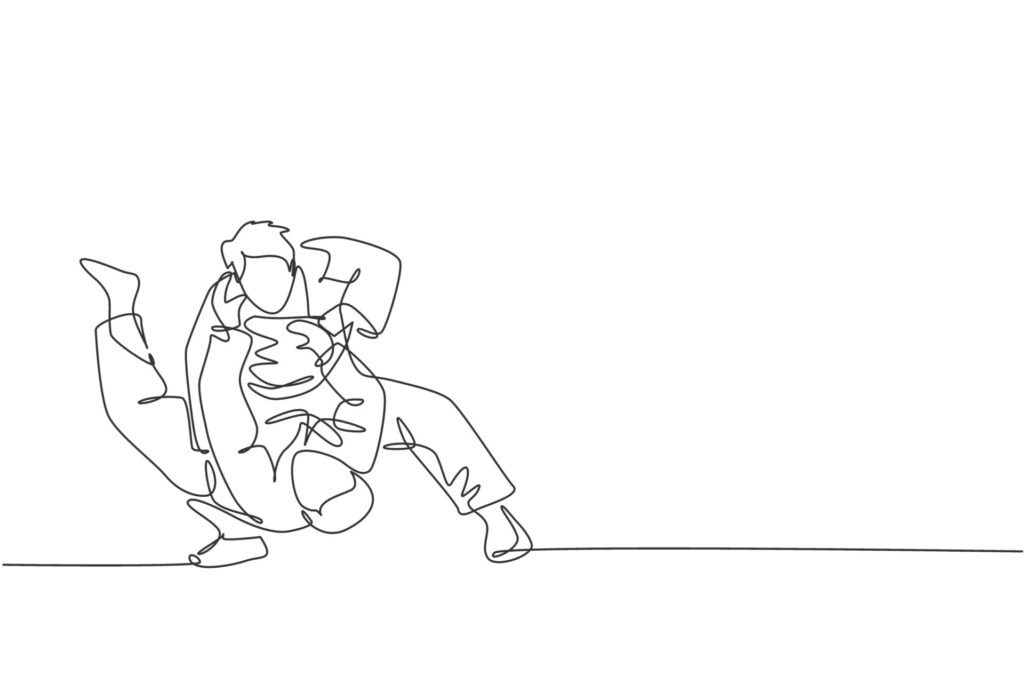
In the realm of martial arts, Brazilian Jiu-Jitsu (BJJ) has emerged as a prominent discipline, known for its ground fighting techniques and submission holds. However, a common inquiry among beginners and those considering starting their martial arts journey is: Is BJJ good for self-defense? As experts deeply rooted in the practice and philosophy of BJJ, we aim to provide a comprehensive perspective on its effectiveness in real-world self-defense scenarios.
The Essence of Brazilian Jiu-Jitsu in Self-Defense
BJJ’s core philosophy revolves around the principle that a smaller, weaker person can successfully defend against a bigger, stronger assailant by using proper technique, leverage, and most notably, taking the fight to the ground. This principle is not just a theory but a proven strategy in various self-defense situations.
Real-World Application: Technique Over Strength
1. Control and Restraint:
BJJ teaches control over an opponent without the need for striking. The techniques focus on joint locks and chokeholds, allowing a person to neutralize threats without causing unnecessary harm. This aspect is particularly beneficial in self-defense, as it provides options for de-escalating a situation safely.
2. Ground Advantage:
Most real-life fights end up on the ground. BJJ practitioners spend a significant amount of time learning how to defend themselves in these scenarios. This training gives them a distinct advantage, as they are comfortable and skilled in ground fighting, unlike practitioners of many other martial arts.
3. Situational Awareness:
BJJ training involves sparring sessions (rolling) that simulate real fight scenarios, fostering quick thinking and situational awareness. Practitioners learn to remain calm under pressure, assess threats, and apply the most effective techniques for self-defense.
Beyond Physical Defense: The Psychological Edge
BJJ not only equips individuals with physical defense techniques but also instills a sense of confidence and mental toughness. The rigorous training and sparring sessions enhance one’s ability to manage stress, fear, and anxiety, which are crucial components in handling real-life confrontations.
Addressing Common Misconceptions
Misconception 1: BJJ is Only for Sport
While BJJ is popular as a sport, its techniques and principles are highly effective for real-world self-defense. The sport aspect of BJJ promotes continuous improvement and adaptation of techniques, which directly translates to self-defense capabilities.
Misconception 2: BJJ Lacks Striking, Therefore Ineffective
BJJ focuses on grappling and does not emphasize striking, but this is not a limitation for self-defense. In fact, the ability to control an opponent without striking can be advantageous, avoiding escalation and legal repercussions in self-defense situations.
Conclusion: BJJ as a Pillar of Self-Defense
In conclusion, Brazilian Jiu-Jitsu is a formidable discipline for self-defense. Its focus on technique, leverage, and ground control makes it uniquely effective in real-world defense scenarios. The training cultivates not only physical skills but also mental resilience and situational awareness, all of which are indispensable in self-defense. Whether you are seeking to learn self-defense, improve fitness, or build confidence, BJJ offers a comprehensive path to achieving those goals. Remember, the journey in BJJ is not just about learning to defend oneself; it’s about embracing a lifestyle that values growth, resilience, and continuous improvement.
